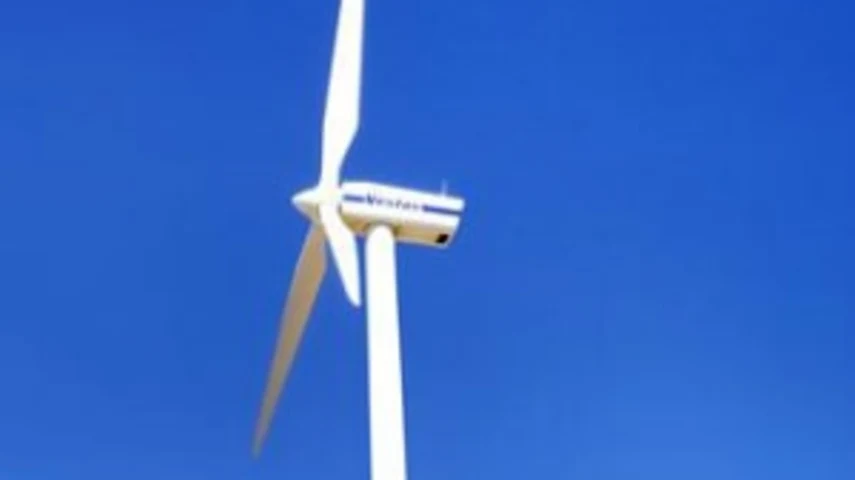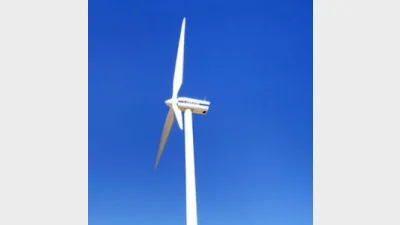Rest makes big renewable energy investment



Rest will fully acquire the Western Australian Collgar Wind Farm, both expanding the fund’s infrastructure portfolio and making the renewable energy project one of the largest ones in the country to be directly owned by a super fund.
Rest previously held a 40 per cent stake in the project and would acquire the remaining 60 per cent share for UBS Asset Management’s Real Estate & Private Markets Infrastructure business. The super fund had been involved with Collgar since construction began at the start of the decade.
“As an existing owner, Rest has been able to monitor and assess the wind farm’s operational performance since construction was completed in 2011. Taking full ownership is a great opportunity to drive further value from the asset and strengthen Rest’s infrastructure portfolio,” Super Investment Management, Rest’s internal investment manager, chief investment officer, George Zielinski, said.
Infrastructure currently made up around 6 per cent of Rest’s Core Strategy’s asset allocation, and Zielinski said the fund was planning to build this out with further investments across diverse geographies and asset types.
“The [Collgar] project has and is expected to continue to generate sustainable cash flows. We are confident it will help grow members’ retirement savings into the future,” he added.
UBS Asset Management said it was opportune timing for it to divest from Collgar, as the firm had reached the conclusion of its business plan for the farm and disposing of it now would “crystallise the value created on behalf of clients”.
Collgar looked to be a strong investment, generating on average 40 to 50 per cent of Western Australia’s renewable energy, which would be enough to power up 170,000 households and displace up to 690,000 tonnes of carbon dioxide emissions annually. It was the largest windfarm in the state, built on 18,000 hectares of land with a total capacity of 206 megawatts.
The deal was negotiated by Super Investment Management, who would also conclude the acquisition.
Recommended for you
Australia’s impact investing market has surged nearly eight-fold in just five years, climbing from $20 billion in value in 2020 to more than $157 billion, with much of the growth driven by green, social and sustainability (GSS) bonds.
The firm has forecast stronger global growth and higher inflation in 2026, signalling that central banks may be nearing the end of their easing cycles.
Despite ASIC’s scathing review of private credit funds, including concerns around valuation inconsistencies and mixed liquidity practices, the asset class grew 9 per cent in the last 12 months.
The fund has joined forces with Macquarie Asset Management in a USD500 million deal targeting infrastructure-linked businesses across global markets.









